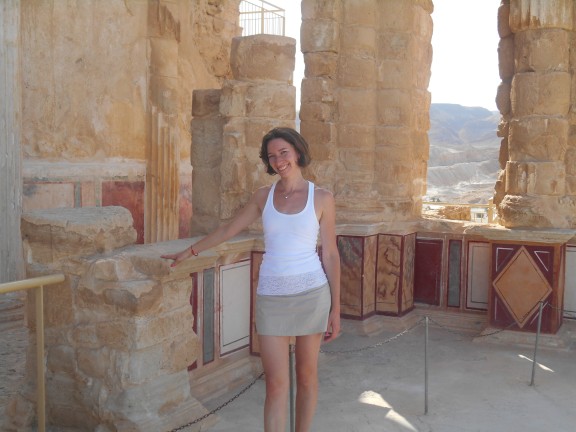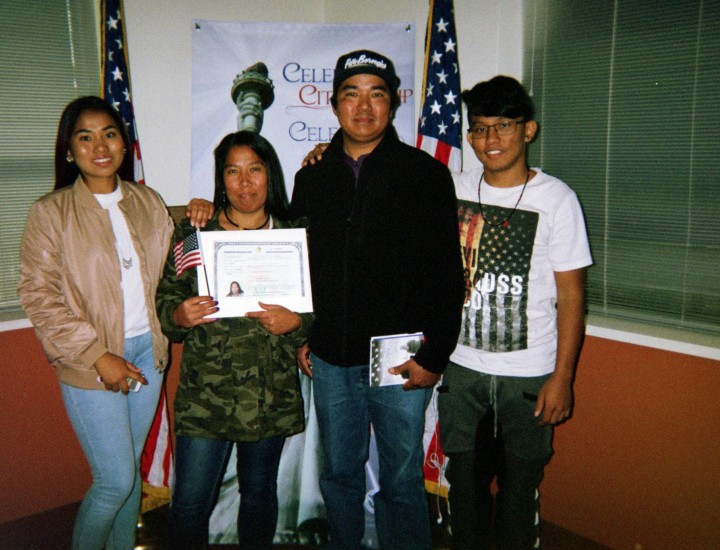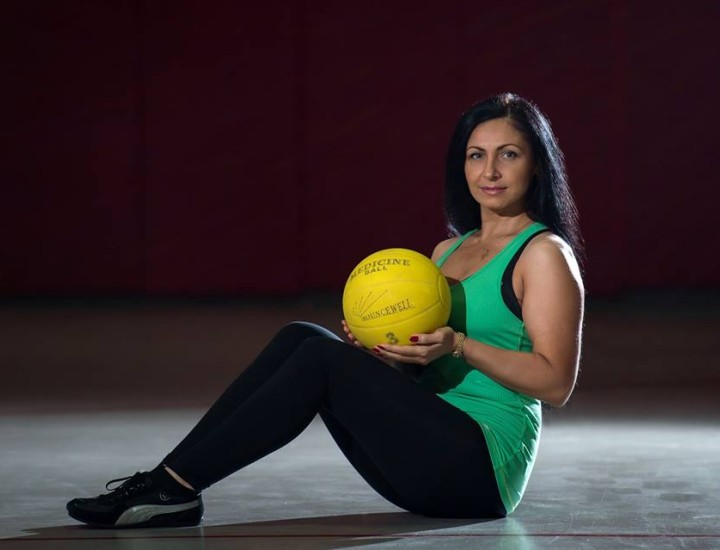The BTG Graduate: A Short Interview with Ekaterina Pukhovich

Learn and practice, practice and learn.
By LILIAN WEHBE SEPT. 18, 2015
The Language Access Program interviewed Ekaterina Pukhovich, Russian interpreter and translator, and graduate of the Bridging the Gap: Medical Interpreter Training. She received her BTG certificate in April of 2015.
Ekaterina was born and raised in Russia. She graduated from Nizhniy Novgorod Linguistic University with a Master of Arts degree in English, Russian and Literature. Ekaterina also took courses in English Literature at the Hebrew University of Jerusalem. She has over 18 years of experience in translation and interpretation. She has experience interpreting in inter-governmental negotiations, business meetings, medical appointments and client-provider meetings such as Philadelphia Corporation of the Aging, a long-standing client of the Language Access Program, and various other settings.
Could you tell us more about yourself?
My mentality combines three cultures – Russian, Israeli and American. I believe it is this combination that brings better understanding and more layers to my job as an interpreter. I thoroughly enjoy the ability to provide help and assistance to people, to coordinate and be a bridge for their communication and better understanding. Being an immigrant is very difficult and at times even nerve-racking. The fact that I can facilitate the process of better assimilation gives me true joy and satisfaction. My prior and partially current experience also involves working as a project manager for hi-tech companies. My favorite after-hours activities include books, movies, music, and my passion – Argentine Tango, owing to which my latest travels were brightened up and enriched by new acquaintances and wonderful experiences in Prague, Buenos Aires, Israel and in the US.
What's a typical day like working as a freelance interpreter with the Language Access Program?
Provided I have work assignments for this day, I wake up, get my cup of coffee and go out to one or two assignments. If I have translation assignments, I usually do them before or after the interpreting assignments. The evening is usually spent translating or working on various additional job projects (unless I dance tango, of course).
Could you describe your career path?
I have never specifically aspired to be an interpreter or translator but my knowledge of English and my graduation from the Linguistic University in Russia made this path inevitable. Wherever I found myself living and whatever I am doing, I am asked to assist with translations or interpretation. Back in Russia, I assisted in working on a joint Russian-Canadian project of the construction of a first five-star hotel in my city. I provided both project management and translation/interpretation services. When I moved to Israel in 1999, I worked as a translator of subtitles for an Israeli company, translating movies from English into Russian. I also assisted the management of the Dorms Office of the Hebrew University of Jerusalem in handling new immigrants’ applications, assisting with interpretation from and to Hebrew, Russian and English.
When I moved to the United States in 2003, at first I started working as an editor in a Russian newspaper where I translated various news articles from English into Russian for the Russian community. Thereafter, from 2004 until 2014, I worked in a Law Office, where I provided translation and interpretation services to the owner of the company during his business and inter-governmental meetings with Eastern European representatives, as well as during immigration attorney-client meetings. In September 2014, I ventured out on my own and decided to concentrate on translation and interpretation in an attempt to make it the main focus of my further career.
Have you completed other interpreter trainings?
I am currently participating in a Court Shadowing Program organized by the First Judicial District of PA.
What’s the most rewarding part about your job?
Helping people. Without a doubt, making their life easier makes me much happier.
What’s the most challenging part about your job?
Vocabulary. I always stress about forgetting or not knowing a certain word. The more I interpret, though, the less this fear is.
What was the most important thing you learned in Bridging the Gap?
Before I took this course, I did not have much experience interpreting professionally at medical facilities. BTG gave me all the necessary knowledge of how you do this, how you handle certain situations, how you tend to patients and doctors. I am very caring by nature, so this course helped me understand the limits of the care I can and should provide to my clients, and also equipped me with invaluable materials (including medical vocabulary) that assist me in my job.
Any words of wisdom for current Interpretation students?
Learn and practice, practice and learn. It is a never-ending process, and as long as you enjoy it and strive to be better in your profession, you will be worth this exciting opportunity to help people and make their lives better.


